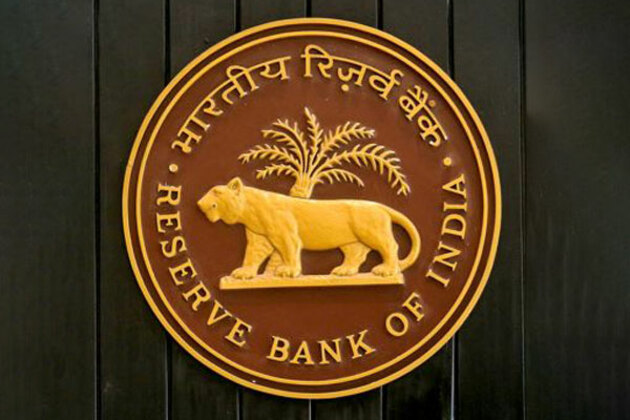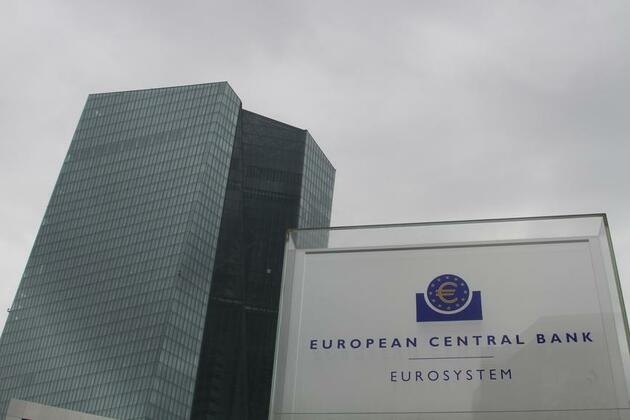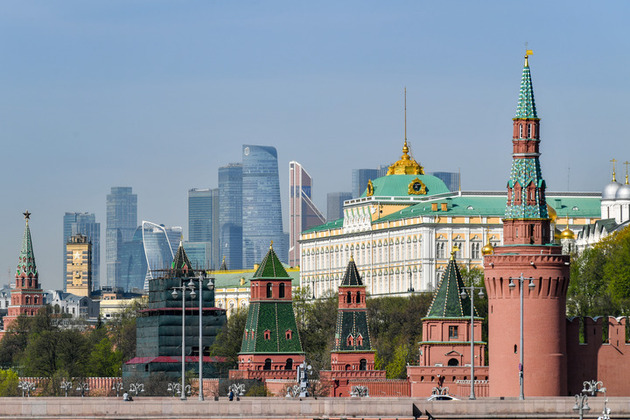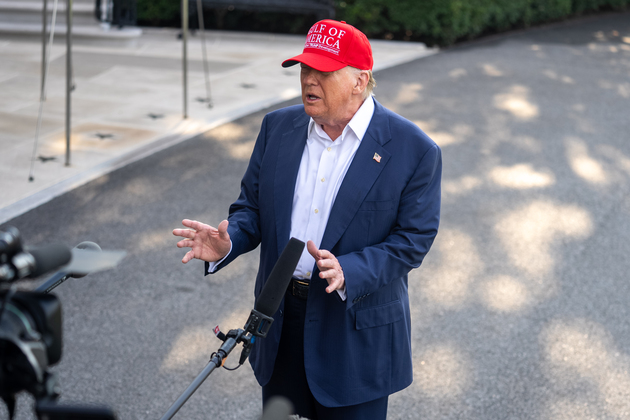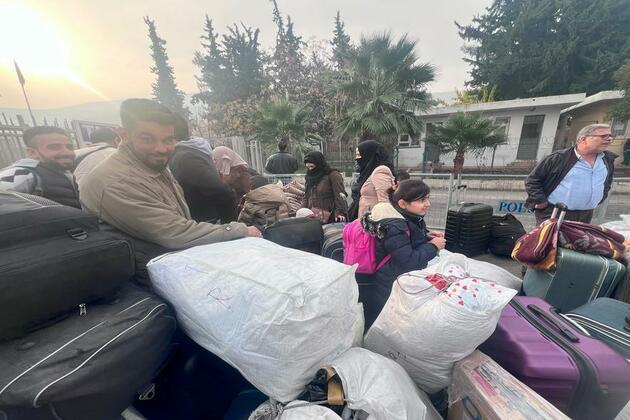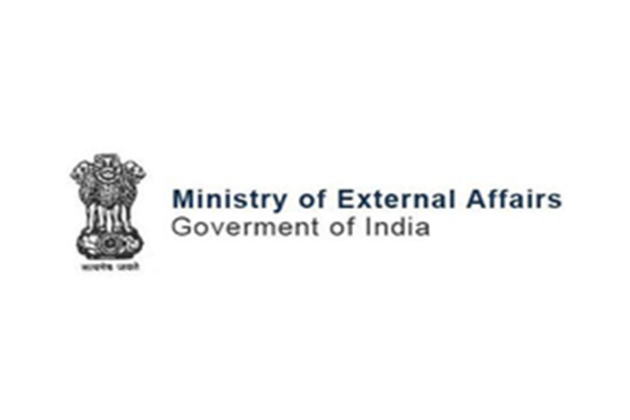Coronavirus: how values drive decisions in science, not data
The Conversation
26 Mar 2020, 18:14 GMT+10
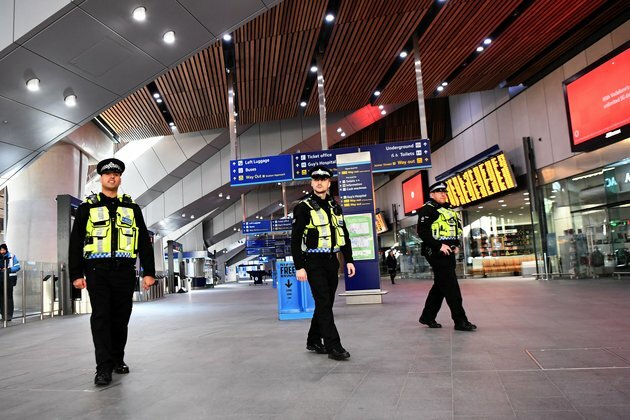
The outbreak of COVID-19 resulted in a range of emergency responses and policy strategies across the globe. While scientists are working around the clock to enhance our understanding of this disease, there is no conclusive data that can determine the best method to combat COVID-19. What drives decisions is our value judgements.
Philosophers of science spend a lot of time thinking about the role of social, economic and ethical values in science. While we like to think that science is largely free of values, they often play an important role in the way we interpret the results of scientific practices. This philosophical insight can help us understand the complexities and challenges in deciding the best way to combat this outbreak.
While we saw seemingly effective lockdown measures being taken in Asian countries, such as China, South Korea and Singapore, early responses in European countries have varied. Following the crisis in Italy, where the infection circulated unnoticed for some time in the northern part of the country, many European countries, such as France, Spain and Ireland, were quick to close schools and implement other social-distancing measures aimed at suppressing the outbreak.
Late adopter
One country that was late to adopt this strategy was the UK, where the initial strategy was not to suppress, but to mitigate.
The British authorities defended this strategy, claiming it was based on the most current information provided by the best science. We heard this claim repeated many times, which raises the question: what constitutes the best scientific advice and, more importantly, what is the best approach to controlling the outbreak?
Both suppression and mitigation can be effective in controlling the outbreak. But in determining which one is the best, there is no simple answer. Each method will have a different impact on all parts of human life. So in determining the best response, we need to look further than the scientific evidence and think about the social, economic and ethical consequences of different approaches.
The UK's initial strategy of mitigation encouraged only people with symptoms (consistent coughing and high fever) to self-isolate. Through mitigation, the UK government hoped to keep the rates of infection below the threshold that can be dealt with by the NHS. But it was later revealed - through modelling carried out by Imperial College's COVID-19 Response Team - that mitigation alone would not be enough to keep the rate of new infections at a level that can be managed by the NHS.
While mitigation is expected to have a lesser impact on the economy, researchers at Imperial College have demonstrated that it will lead to a quarter of a million people dying. What led to the change in the British approach was not the change in our understanding of the disease but the revelation of the human cost of the mitigation. When a quarter of a million lives are in danger, the ethical cost of this approach is not palatable.
Suppression, on the other hand, can be highly effective in the short run, keeping the rate of infection at a manageable level. But it must be maintained for a long time until a vaccine becomes available. Lifting suppression before we have widespread immunity will result in the disease reemerging. Suppression has a high economic and social cost. And unless it can be maintained properly, it won't be effective, leading to further outbreaks in the future.
Both methods, mitigation and suppression, have major challenges. Choosing between the two requires a series of value judgements. There is no pure data that will allow us to determine the best way to combat this virus. The way we assess scientific data and build models require a series of value judgements. The crucial expertise we need in this case is one that can interpret scientific evidence in light of wider social and economic risk. We need as many social scientists, economists, behavioural psychologists as epidemiologists and virologists to gain a better understanding of the challenges ahead of us.
We can only determine the "best method" for a given country once we understand how the virus is spreading and how it's affecting its social, economic and ethical constitution.
Author: Erman Sozudogru - Teaching Fellow in Philosophy of Medicine, UCL 
 Share
Share
 Tweet
Tweet
 Share
Share
 Flip
Flip
 Email
Email
Watch latest videos
Subscribe and Follow
Get a daily dose of Greek Herald news through our daily email, its complimentary and keeps you fully up to date with world and business news as well.
News RELEASES
Publish news of your business, community or sports group, personnel appointments, major event and more by submitting a news release to Greek Herald.
More InformationInternational Business
SectionShell rejects claim of early merger talks with BP
LONDON, U.K.: British oil giant Shell has denied reports that it is in talks to acquire rival oil company BP. The Wall Street Journal...
Trump-backed crypto project gets $100 million boost from UAE fund
LONDON, U.K.: A little-known investment fund based in the United Arab Emirates has emerged as the most prominent public backer of U.S....
RBI appoints Kesavan Ramachandran as new Executive Director
New Delhi [India], July 2 (ANI): The Reserve Bank of India (RBI) has appointed Kesavan Ramachandran as Executive Director of RBI with...
Eurozone inflation rate reaches 2 pct in June
The inflation is driven by the price of services, which recorded a yearly inflation rate of 3.3 percent in June, up from 3.2 percent...
Emirates layers on retrofitted aircraft with latest product, including Premium Economy to more cities
DUBAI, 1st July 2025 (WAM) -- Emirates will be layering on more retrofitted Boeing 777s and Airbus A380s on its existing schedules...
TVS Motors sold record 12.77 lakh units in April-June FY26; EV sales decline amid magnets shortage
Bengaluru (Karnataka) [India], July 1 (ANI): TVS Motor Company has recorded its highest-ever quarterly sales in the first quarter of...
Mediterranean
SectionApple allows outside payment links under EU pressure
SAN FRANCISCO, California: Under pressure from European regulators, Apple has revamped its App Store policies in the EU, introducing...
Daily World Briefing, July 2
U.S. Senate passes Trump's landmark mega-bill The GOP-led Senate on Tuesday passed U.S. President Donald Trump's One Big Beautiful...
U.S.-WASHINGTON, D.C.-WHITE HOUSE-TRUMP-GAZA-CEASEFIRE
(250701) -- WASHINGTON, July 1, 2025 (Xinhua) -- U.S. President Donald Trump speaks to the press at the White House in Washington,...
Gaza war must continue Israeli minister
Finance Minister Bezalel Smotrich has said he will oppose any agreements to end the fighting Israeli Finance Minister Bezalel Smotrich...
Syrians in Trkiye look homeward as tensions ease
by Burak Akinci ANKARA, July 1 (Xinhua) -- Yousouf Al Sharif, a 35-year-old furniture worker from Syria living in Ankara, is thinking...
Jayant Khobragade appointed as next Ambassador of India to Spain
New Delhi [India], July 1 (ANI): The Ministry of External Affairs on Tuesday announced the appointment of Jayant Khobragade of the...



